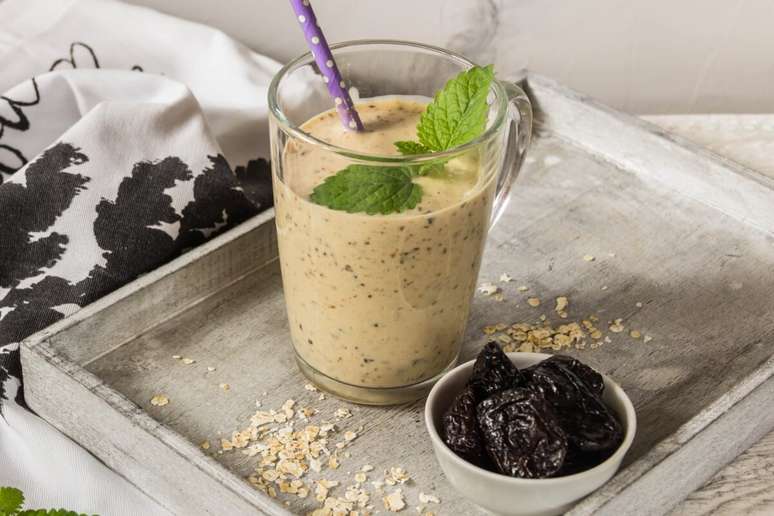Do you drink the right amount before, during and after exercise?
Staying hydrated every day is essential for health. Drinking water during your routine has many benefits, including cancer prevention, kidney stones, acne reduction and weight loss, to name a few. And consumption is even more important if we consider that we lose liquids naturally, through urine and sweat, for example. And while exercising, you also need to pay attention to hydration. According to the doctor. Nicole Nardy Paula Razuck, Nutrition Specialist and Sports Medicine Resident, fluid intake during exercise keeps the athlete comfortable, replaces water loss, prevents hyperthermia and dehydration, allowing you to finish the exercise with adequate performance. However, she says that depending on the type of activity and the intensity, the adequate amount of daily intake, which is around 30-40ml for every kg of weight, can vary. “Intense, long-lasting exercises that cause large water loss or performed in hot, humid environments, under sunlight, may require more volume, to be calculated ad hoc based on the weight lost during the workout” . In addition to water, it is still common to drink other liquids, such as isotonic drinks. And is there any benefit to using them? The doctor explains that isotonic drinks typically concentrate carbohydrates and electrolytes in their composition. “They can be used after long-lasting exercise to replace sodium, for example. However, that replacement is also doable through water and a full meal,” she says. Dr. Nicole also recommends that for exercises lasting up to an hour, consuming water while exercising is sufficient. “If it lasts longer or causes intense fatigue, carbohydrate gel may be consumed; if it lasts longer than 1 to 2 hours, sodium replacement via isotonic may be necessary.” And not just during training, it’s important to drink water. Before and after the practice it is also important to keep the body adequately hydrated. The ideal is to start a workout with adequate hydration. Check the color of your urine, if it is darker than normal it could be a sign of dehydration. In the post workout, the adequate intake varies according to the weight lost and the intensity of the practice. The ideal is to replace 1.2 to 1.5 L of fluids for each kg of weight lost during training. “Evaluate your performance. Have you lost a lot of weight after exercise? Have you experienced early fatigue? These could be signs that you were not hydrating adequately, drink more next time. If you have lost little weight or feel discomfort, it could be that you drank too much liquid,” explains Dr. Nicola. *Dr. Nicole Nardy Paula Razuck is a Sports Medicine resident at the Santa Casa de Misericórdia in São Paulo. She holds a postgraduate diploma in Nutrology from the Albert Einstein Israelite Hospital and holds a medical degree from the Faculdade Santa Marcelina.
Source: Terra
Ben Stock is a lifestyle journalist and author at Gossipify. He writes about topics such as health, wellness, travel, food and home decor. He provides practical advice and inspiration to improve well-being, keeps readers up to date with latest lifestyle news and trends, known for his engaging writing style, in-depth analysis and unique perspectives.







